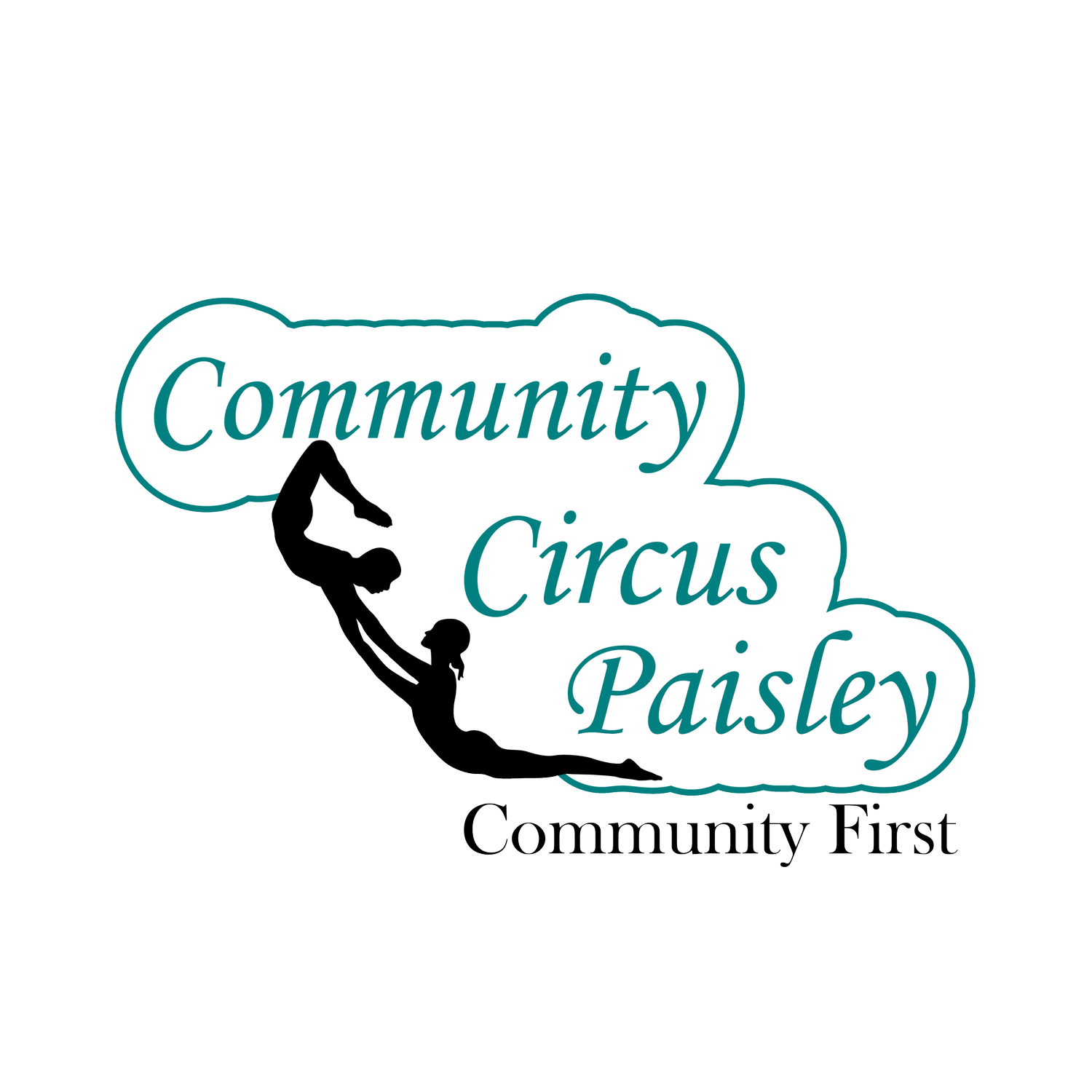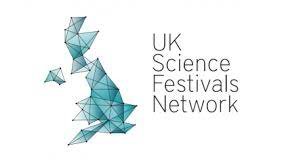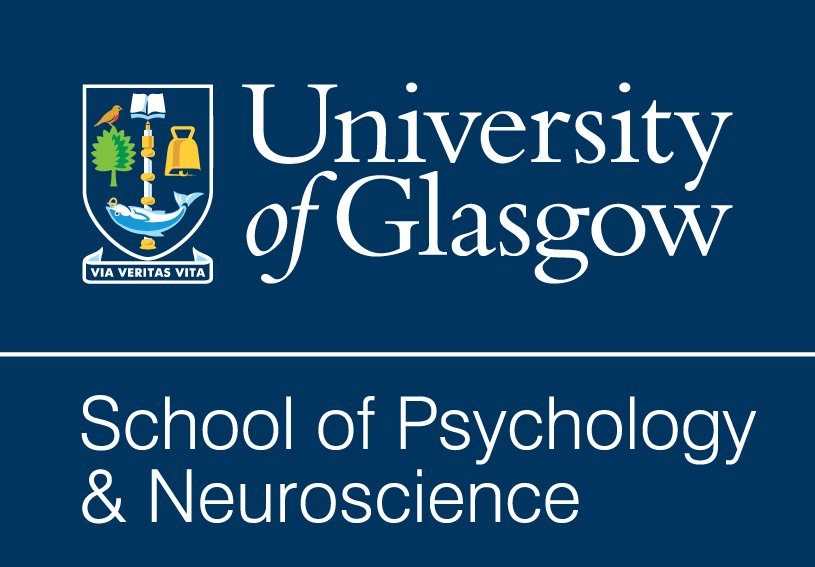Flying Through Fear
In partnership with the Glasgow Science Festival and the University of Glasgow, we explored the mental health benefits of risk-taking through circus with young people from the local community. This built on a previous research project we did with the university, which looked at the benefit of flying trapeze for adults. We were really lucky to receive funding for the project from UKRI and fund coordinators UK Science Festivals Network.
Video by Vass Media
One in seven adolescents experience mental health issues (WHO, 2021) and the Scottish Schools Adolescent Lifestyle and Substance Use Survey (2015) highlighted that adolescents from the most deprived SIMD (Scottish Index of Multiple Deprivation) report poorer mental wellbeing and more emotional and behavioural problems. Mental health promotion and prevention highlights the need to support young people’s emotion regulation, resilience, and positive social environments.
Recent research from the University of Glasgow has explored the mental health and wellbeing benefits of risk-taking through recreational circus. This research demonstrated that controlled experiences of positive types of stress (eustress) can benefit mental health, resilience, motivation, and community building for young people experiencing adversity.
Flying Through Fear brought together Glasgow Science Festival (project lead Dr Deborah McNeill), researchers from the University of Glasgow School of Psychology & Neuroscience (research lead Dr Chaira Horlin) and Community Circus Paisley (circus & performance lead Scott Craig) with young people from Renfrewshire. Over several months, 13 young people participated in a programme of workshops, culminating in a perfomance of their new found skills, enjoyed by friends, family and project partners.
Two areas of research were explored by final year students, the outcomes of which will form their final year reports.
Study 1- Sophia Ross: Exploring young people’s perspectives and experiences of recreational circus as a tool to build resilience and support wellbeing.
Explored how children perceive the development of their skills and the benefits this may have to their wider life. Young people completed a series of ‘write-and-draw’ style focus groups as part of their circus skill journal.
Study 2- Sophie Wilson: Coaches perspectives in recreational circus as a tool to support resilience and wellbeing in at-risk youth
Coaches and facilitators are fundamental to engaging young people in challenging activities and supporting the development of resilience in the face of risk and adversity. Sophie explored the experience of recreational circus coaches in supporting the practical skill development of young people from impoverished communities, but most importantly their psycho-social development.
Parents and caregivers of the young people involved were also asked to complete a pre- and post- project survey, asking whether they observed any changes in e.g. behaviours or attitudes.




